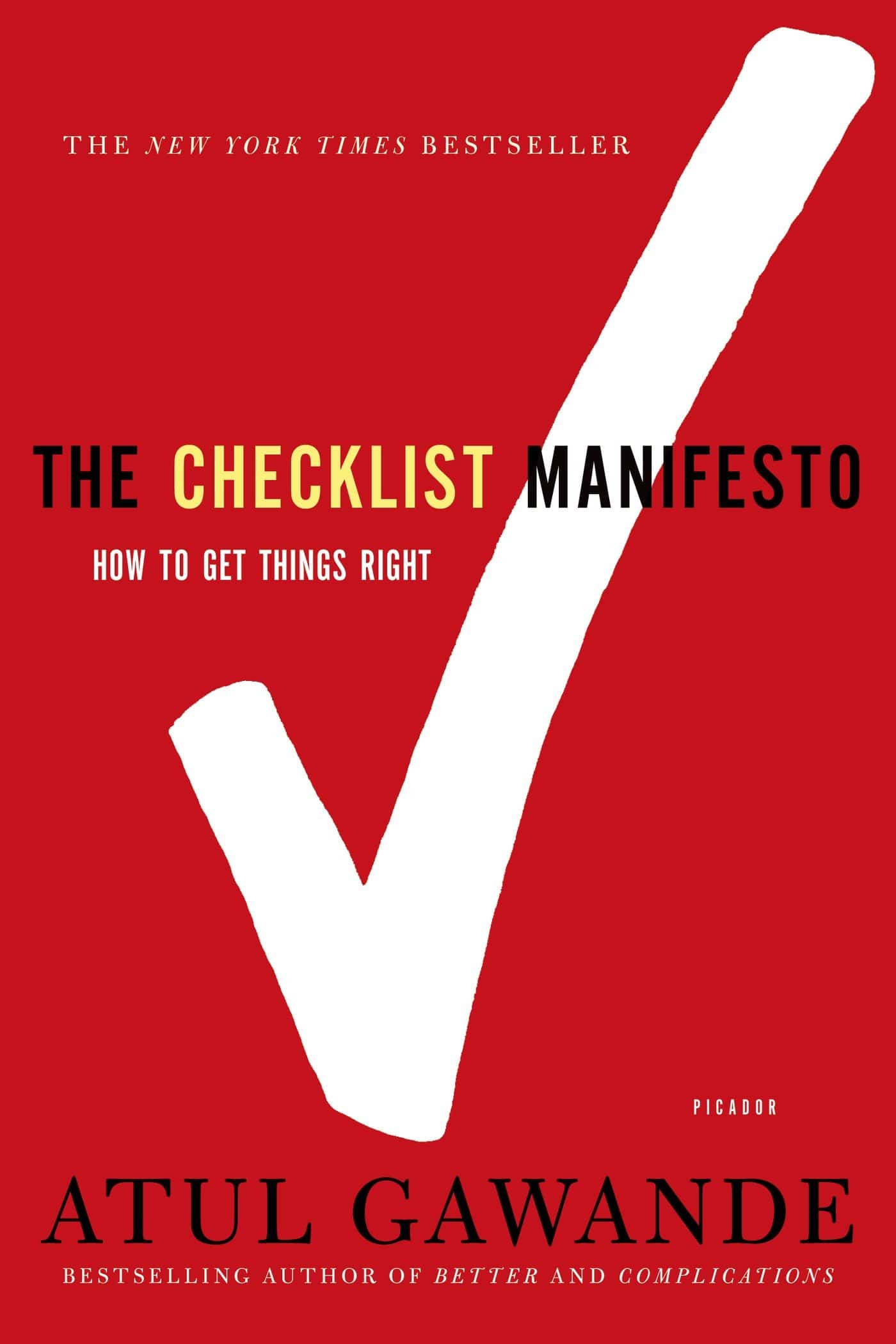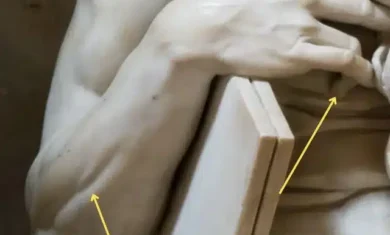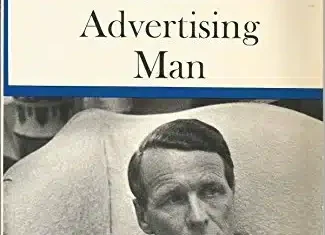In Atul Gawande’s amazing book “The Checklist Manifesto“, he suggests that there are two types of failure in the world.
The first is ignorance—we may err because science has given us only a partial understanding of the world and how it works. There are skyscrapers we do not yet know how to build, snowstorms we cannot predict, heart attacks we still haven’t learned how to stop.
The second type of failure the philosophers call ineptitude—because in these instances the knowledge exists, yet we fail to apply it correctly. This is the skyscraper that is built wrong and collapses, the snowstorm whose signs the meteorologist just plain missed, the stab wound from a weapon the doctors forgot to ask about.
There are solutions for each kind of problem. Atul’s first suggestion, as you might guess based on the title of his book is to use more checklists:
Checklists seem to provide protection against such failures. They remind us of the minimum necessary steps and make them explicit. They not only offer the possibility of verification but also instill a kind of discipline of higher performance.
Checklists really only seem to solve the ineptitude issue, though. The ignorance issue can’t be fixed with a checklist, but rather by working to gain more knowledge. If there are “skyscrapers that we do not yet know how to build“, then checklists aren’t the answer. Studying and learning will give you insights on new ideas and techniques to help create that new generation of building.
Of course, while you’re doing all of that learning and coming up with great ideas, just don’t forget to use checklists to make sure it doesn’t all come crashing down because of something that was solved 20 years ago.




